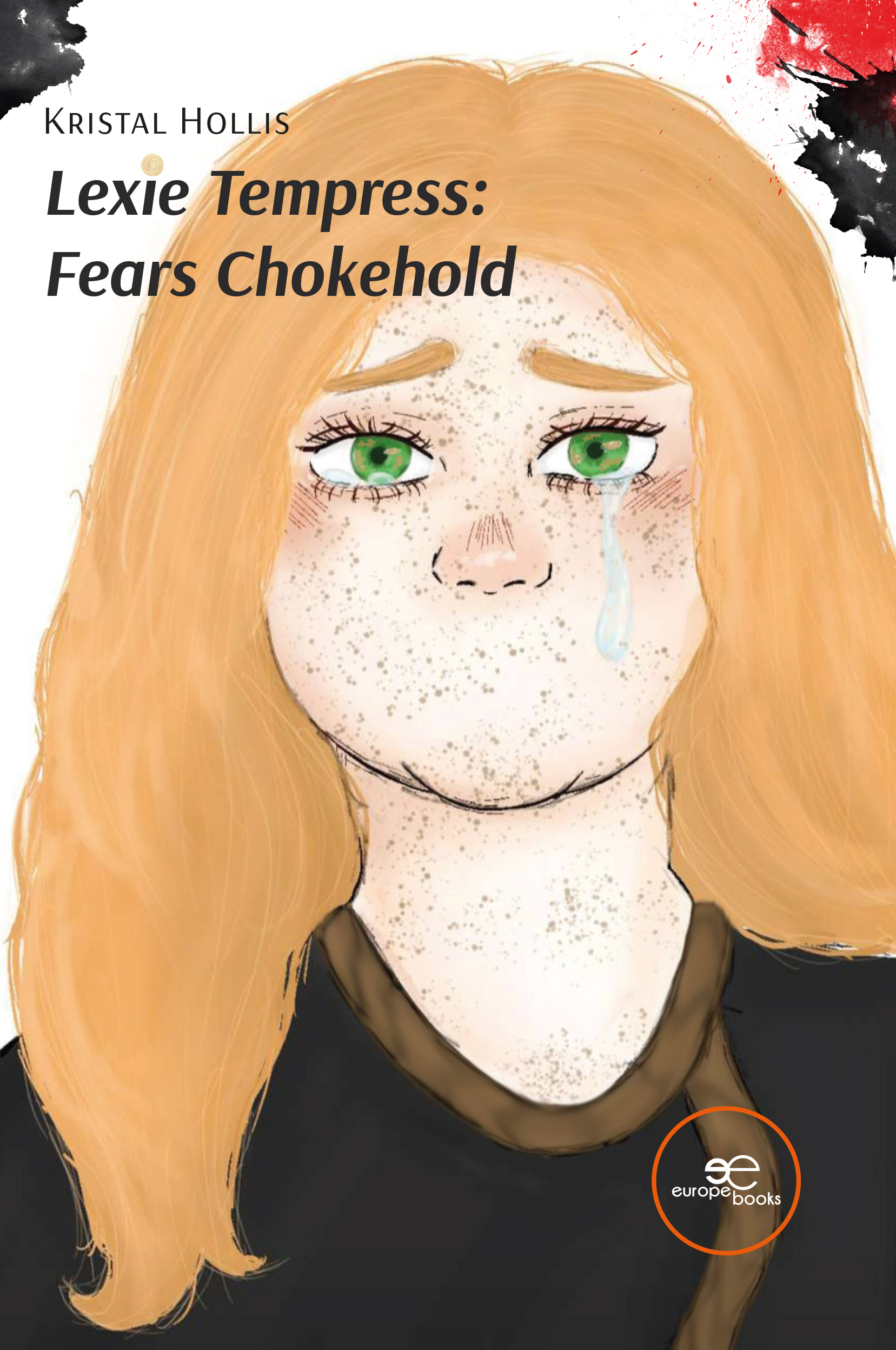Lexie Tempress Fear’s Chokehold is the first chapter in a saga that will introduce us to Balladeen, a fantasy world which effects and mixes with the world we know. The story follows the lives of six young adults who have all been brought together to develop their supernatural gifts and to become Guardians of the Legacy. In the first half of this book, we are introduced to Hayden Harper, a short-tempered American teenager and his estranged father. Their lives are turned upside down one morning when they wake to find Iris, the “Ice Queen” in their lounge room. The mysterious woman reveals to Hayden, in a shocking and painful way, that he has a unique power and a special destiny. After unlocking his abilities Iris takes them both to Balladeen, where Hayden will begin his training, but the first day is a bumpy road he won’t soon forget.
In the second half of the book Lisa, a shy, overweight, Australian middle child, becomes the focal point of the story after she is unexpectedly sent back from Balladeen to her own world. We then learn about her abusive family and the bullying she undergoes from her peers. Her powers remain unlocked, this doesn’t go unnoticed, and Lisa becomes targeted by a woman named Wanda, the Leech, and her crew. Lisa lives her life going through torment, betrayal and bad decisions. Only when she learns to come to terms with herself, her past and the anger that oppresses her can she finally break free and return to Balladeen to embark on the path that will lead her a nd her future teammates to fulfill their destinies.
Kristal is from Victoria, Australia. She is a self-taught writer with a love affair for creating stories, especially this one, which is close to her heart. When she isn’t writing, she loves spending time with family and friends, watching the newest shows or movies. Enjoying the classics to settle down for the night, devouring a book or role-playing with friends.
Despite suffering with dyslexia, her passion and determination to construct storylines touching on a number of hard-hitting subjects, intertwined with a spectacular fantasy world, has persevered. Fulfilling her dreams despite her own dark battles and several rejections. She is keen to develop this tale, grow as a writer and a person. Always learning and discovering.



Rebecca –
Definitely recommend worth the read.
K.C Leigh –
100% worth the read great story and amazing writing. Pulls you in and holds your attention. Amazing twist and turns that leaves you on the edge of your seat wanting to know what happens next